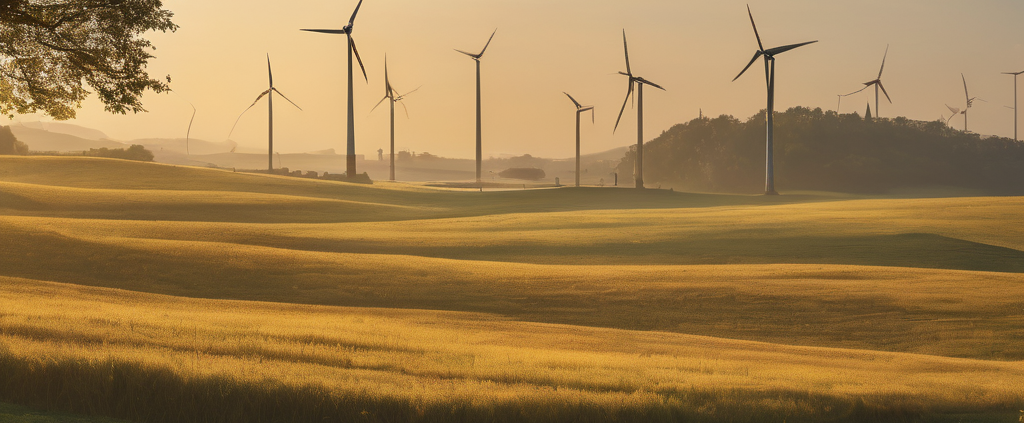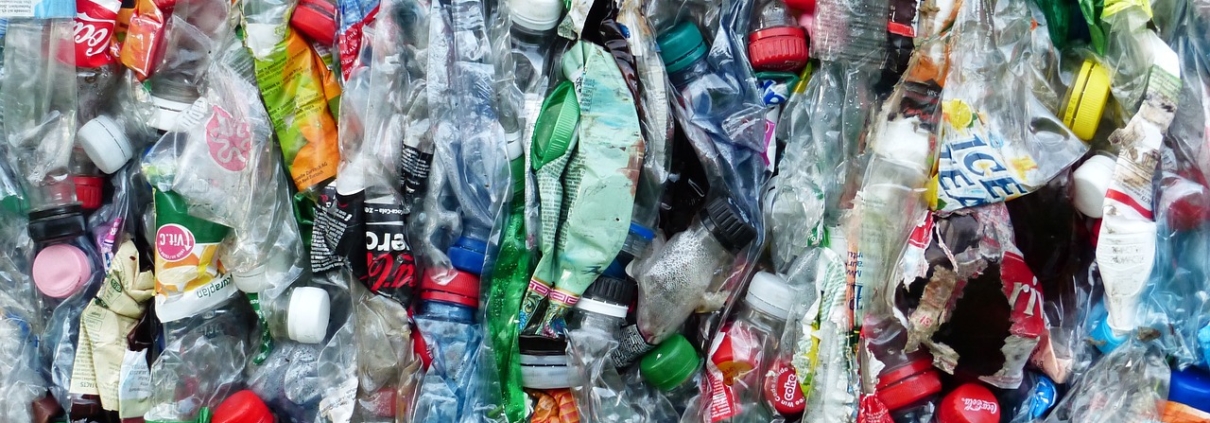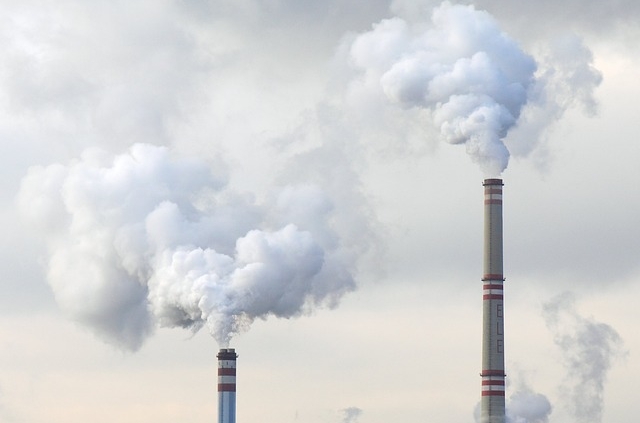We would like to inform you about an important change in the field of energy efficiency that may concern you. On November 17, 2023, the new Energy Efficiency Act (EnEfG) was published, which came into effect on November 18, 2023.
The EnEfG obligates all companies with an average total final energy consumption of more than 7.5 GWh per year to establish and operate an energy or environmental management system according to recognized standards. Additionally, companies with an average total final energy consumption of more than 2.5 GWh per year must create, have reviewed, and publish implementation plans for economic energy-saving measures.
The EnEfG has also supplemented certain aspects of the existing Energy Services Act (EDL-G), such as updating the standard for energy audits.
We recommend that you familiarize yourself with the new requirements and assess whether you are affected by them. We are available for any further questions and guidance.
Read more about the subject here!










